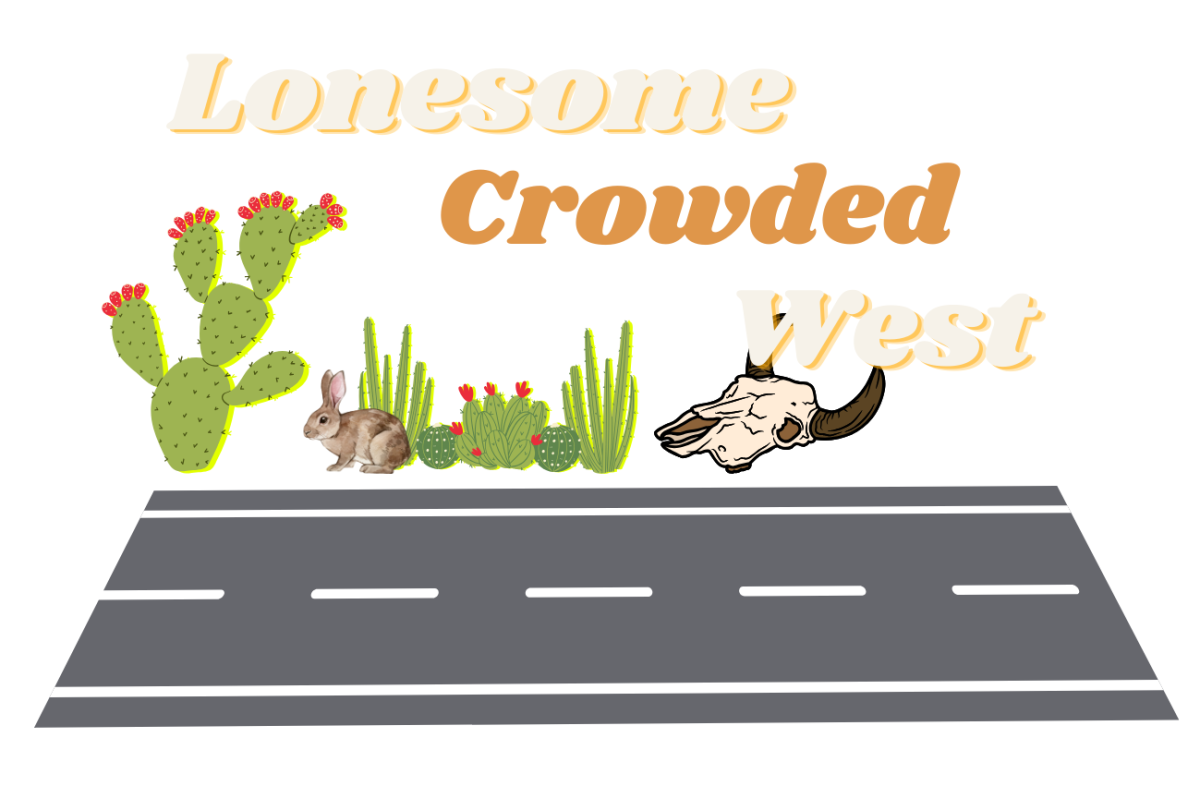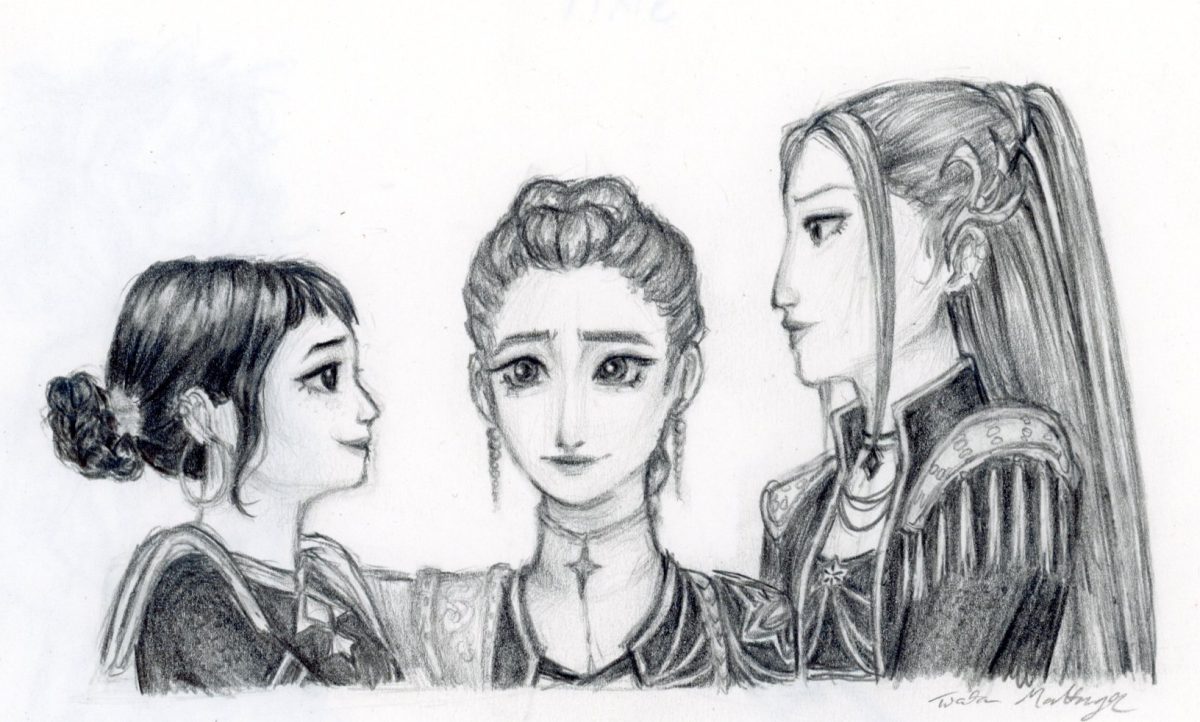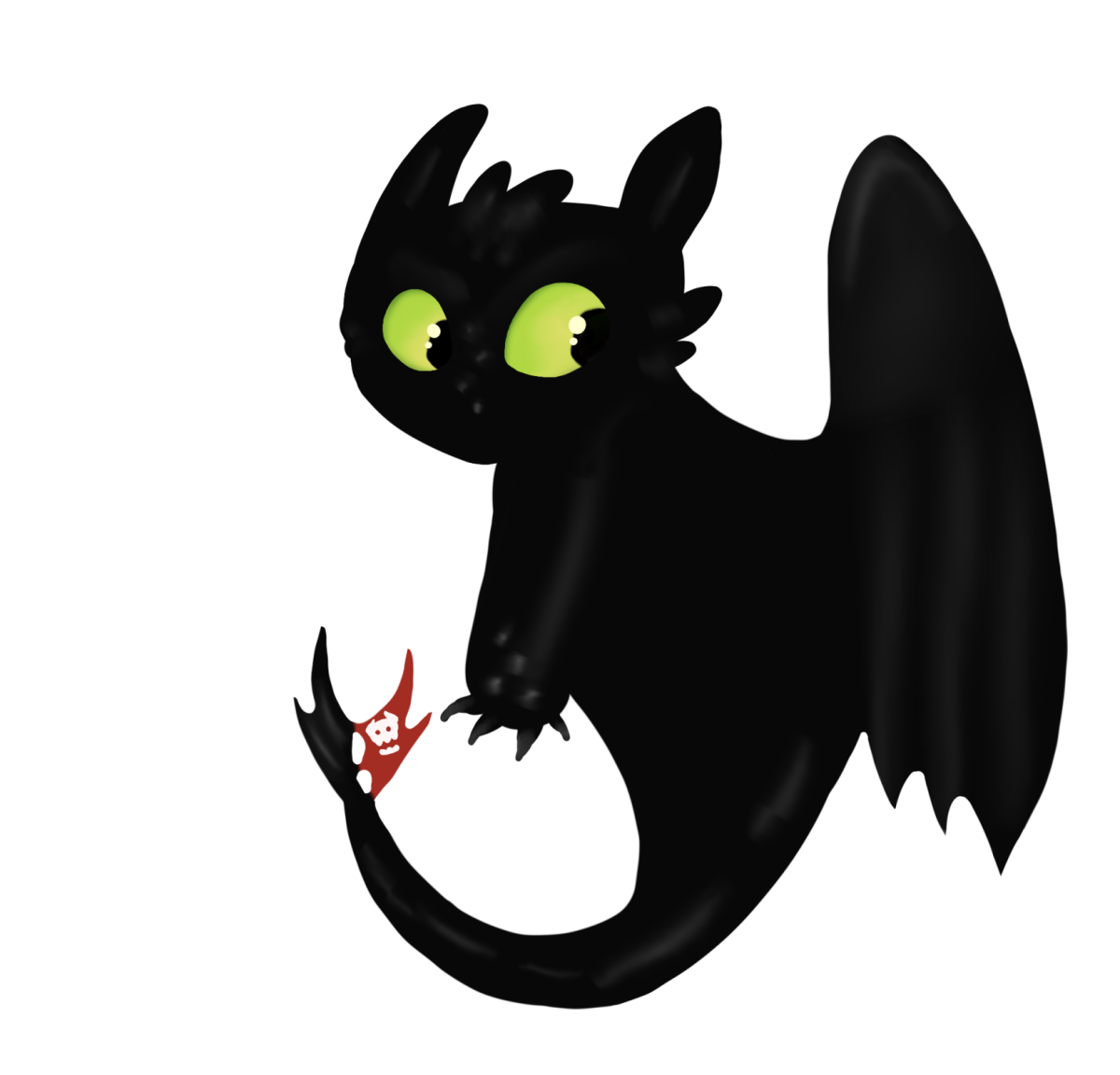In the 21st century, we live in an age where technology allows us to communicate with people across the world almost instantly. Yet, despite the advancement in technology strengthening connections between people, feelings of isolation have increased. “The Lonesome Crowded West,” the second studio album by Portland-based band Modest Mouse, portrays the feelings of emptiness, loneliness, and hopelessness that people struggle with in the age of connectivity. The Lonesome Crowded West is not just an album, but instead a piece of art that uses it’s deep, emotional storytelling to criticize the individualist and materialist culture of American society.
The album features some of the group’s best songs including the opening track, “Teeth Like God’s Shoeshine,” which in essence, is a song about the death of the shopping mall. Emotion runs through the song freely, as it switches between angry shouted verses and soft, acoustic verses of melancholy recollection. There is also “Trailer Trash,” a song that reflects on the childhood of the band’s frontman, Isaac Brock, as he grew up in trailer parks across the Pacific Northwest. Once again, the song bursts with Isaac’s emotion as he sings about his poor relationship with his parents and how disappointed he is with his life. Coupled with a killer guitar solo, this song is one of the highlights of the album.
There is also a western motif throughout the album, with songs like “Cowboy Dan,” which tells a story about a violent, alcoholic cowboy who goes through a moment of personal reawakening, and “Heart Cooks Brain,” which compares the feeling of aimlessness that loneliness causes to a buffalo being forced off a cliff by Native American hunters. Then, there is “Trucker’s Atlas,” 10-minute epic about a long-distance trucker who turns to substance abuse to escape his loneliness.
My favorite song off of Lonesome Crowded West is “Bankrupt on Selling,” a somber acoustic track about the untrustworthiness of people in power. The message of the song, that people sacrifice their values to be successful, really resonated with me, plus, the folksy style of the song is pleasing to the ear.
The album’s closer, “Styrofoam Boots/It’s All Nice On Ice, Alright,” is another song that captures the sadness that people in modern society feel. The song relies heavily on Biblical references, expressing Isaac’s belief that there is no “higher power” protecting people from suffering, and that death is the only respite. The song itself is upbeat, but the message is sad, ending the album with the message that the society we have created for ourselves simply isn’t worth living in.
The album also does a masterful job at creating a cacophony of different sounds and styles. No two songs on this album sound similar. Even within songs, there are transitions where the emotional tone of the music changes completely, giving the audience a chance to experience the mixtures of intense, raw emotion that inspired Isaac to create this album. Lounge (Closing Time) does an excellent job of this. The song has four very distinct sections that push the listener through a range of emotions, including an upbeat jazz-inspired that represents the high of spending the night in a lounge and a much slower, sadder section that reprises “Heart Cooks Brain” representing the feelings of sadness that return when that high wears off.
All in all, The Lonesome Crowded West is an album that is both a masterful piece of art and a snapshot of the despair of modern society. However, this album is an acquired taste. It is very experimental and stylized, and, even though I now consider it to be one of my favorite albums of all time, it took me a few listens to truly “get” it. The lyrical and instrumental creativity shown in The Lonesome Crowded West is unrivaled, and its ability to show emotion is uncanny, but even I will admit that it isn’t for everyone. However, if you’re a fan of indie rock music, this album truly stands out as one of the genre’s greatest, and is very much worth your time to listen to.
Overall Score: 97/100







